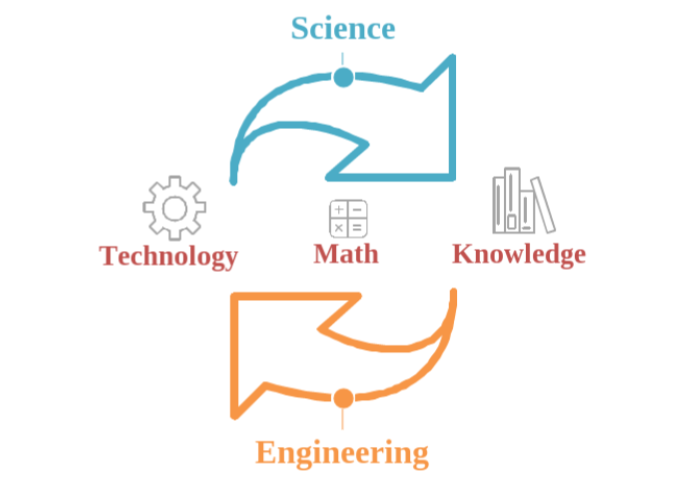How does science relate to my thesis?
Hi everyone,
I think one important question that everyone pursuing a PhD has to answer is: What is science? Is my PhD considered scientific work?
Although it is not easy to define science with a single definition, it means something similar for everyone. All of us would relate science with topics like an actitud, a professional activity, a group of people (the scientists), an industrial sector and a way of approaching knowledge and problems and we all know what is not science. However, to come up with a single simple definition is something difficult.
From my particular point of view, science is defined by the scientific method. Everything that embraces and objetively follows the scientific method should be considered science. However, there are multiple ways of understanding this as explained in the course of Dr. Joaquin Sevilla in its blog. The definition that has impacted me the most during the course is the one given by César Tomé:
Science is the systematic search for knowledge whose validity does not depend on a specific individual or period and which is open to anyone who wants to verify its findings or reproduce its experiments; this search is framed within a systemic and organized skepticism that assumes that our knowledge is based on models and that all hypotheses are false as long as they are not proved (within which confirmatory reasoning can) to be the opposite.
This seems to me a very hard, strict and rigorous definition, since it implies that anyone who performs reasearch or studies science should always think that all hypotheses that are not proved are false. In today’s society this is something very difficult to internalize, as fake news surrounds us everywhere, even in the field of science. That is why I think the approach given by César Tomé becomes even more important nowadays: We engineers, as scientists, have to be very careful in order not to assume anything that is not proved, since otherwise we are giving credibility to false rumors and data. Everyone wants to get perfect results and conclusions in the bachelor’s and master’s theses and in doctoral dissertations, but we have to be rigorous and not to let the desire for getting promising data cloud our objectivity. When something gives bad results, we have to be honest and admit it, so that our honesty, integrity and credibility values stay unscathed and we are considered objetive scientists that contribute to the progress of science before our own interest.
Taking into account this deliberation I have just made, I could just say that the definition given by César Tomé applies completely to Industrial Engineering, and particularly, to my PhD topic. Science builds up knowledge from technology, and engineering does the other way around, but both are based in the same methodology:

If you have any doubt, I would be pleased to help you with it via Email or LinkedIn.
Until the next post!

